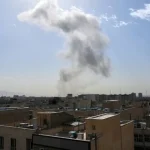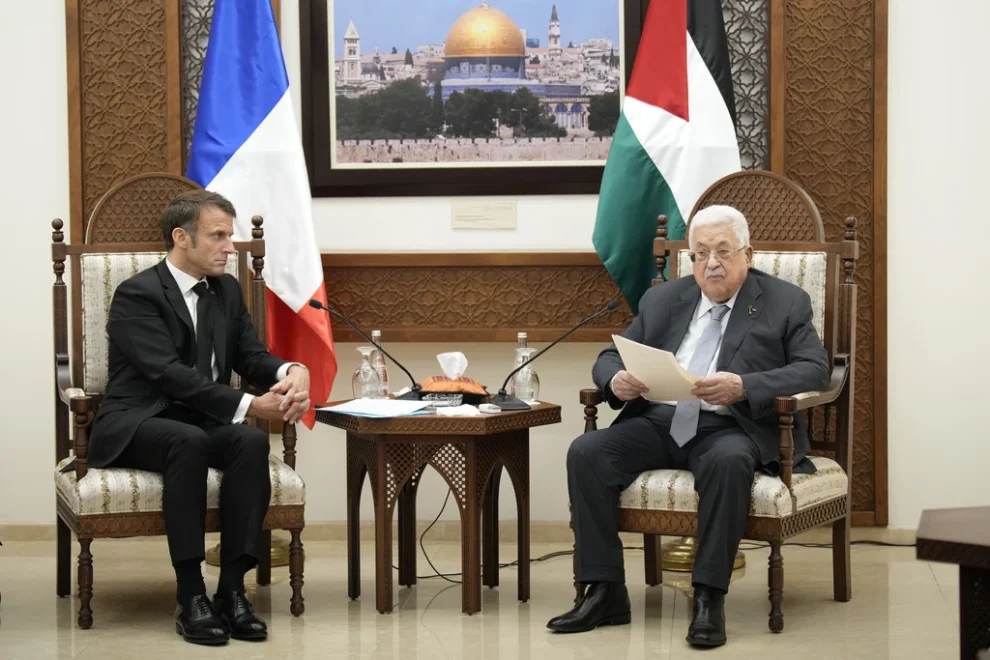The growing international coalition will formalize the recognition of a Palestinian state at the United Nations General Assembly on Sept. 9.
The movement presents a sudden upheaval to the status quo of Middle East policy among world powers, and its unexpected momentum has stalled peace negotiations in the Gaza Strip.
Recent pledges to recognize a Palestinian state have come in waves, with distinct domestic and diplomatic reasons for each country’s decision.
France commenced the latest calls to recognize a Palestinian state when President Emmanuel Macron announced his decision last month, citing the starvation ravaging Gaza’s population.
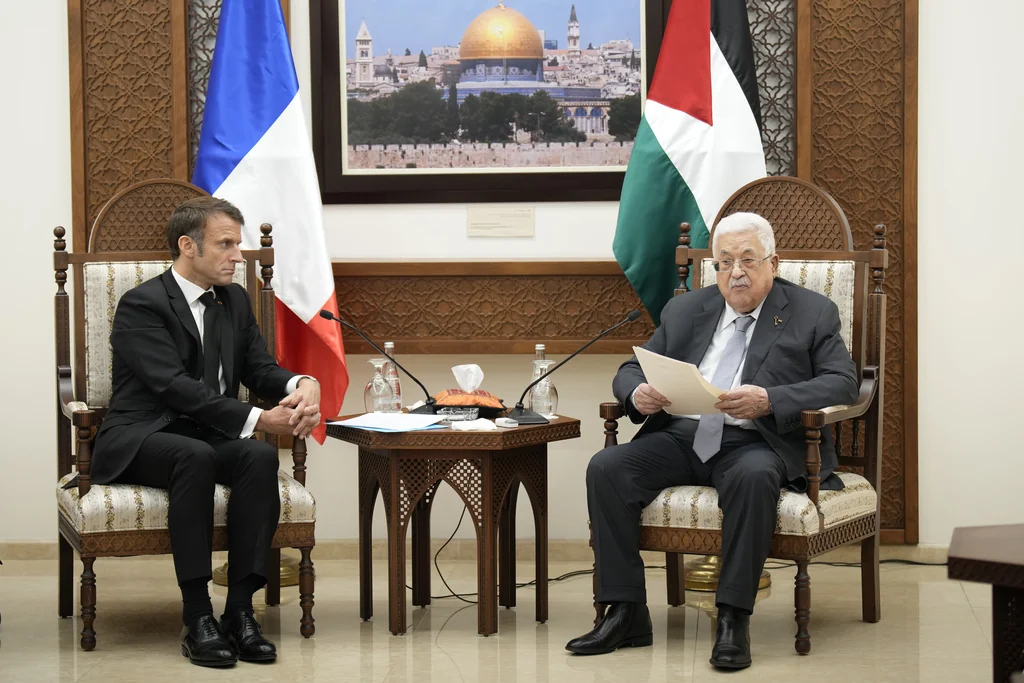
It was not an unprecedented stance as recently as last spring, European nations, including Ireland, Norway, and Spain, offered similar recognition. France’s perceived status as a consequential player in Western geopolitics meant few expected the Élysée Palace to break from its peers, such as the United States and Germany.
“The urgency today is to end the war in Gaza and to provide aid to the civilian population,” Macron said of the decision. “Peace is possible.”
While he framed the recognition as a humanitarian gesture toward finding peace between Israel and Hamas, critics claimed it was a cynical play to curry favor with the millions of Muslims living in France.
The French Ministry of Interior released a report in May that noted a “tense climate prevailing in France following October 7 between Jewish and Muslim communities” and “deep unease within the latter, which perceives the French position as openly pro-Israel, in line with an alleged ‘state Islamophobia,’ supporting Jewish Israelis against Muslim Palestinians.”
The Interior Ministry report explicitly suggested the recognition of a Palestinian state as a means of quelling Islamic unrest, according to a translation from the Center for Security Policy.
“To counter this narrative, and independently of the measures mentioned in this report that would reaffirm that Muslim faith and culture are as respectable as others and that the Republic guarantees their free exercise and manifestation, France’s recognition of a Palestinian state alongside Israel within secure and recognized borders could help alleviate these frustrations.”
Regardless of the reason for Macron’s pivot, France became the most powerful voice on the international stage supporting Palestinian statehood, and it opened the door for copycats.
Just days after France backed a Palestinian state, British Prime Minister Keir Starmer made public his government’s sudden change of heart on the same issue.
The United Kingdom only slightly tempered its commitment, pledging to recognize a Palestinian state unless “the Israeli government takes substantive steps to end the appalling situation in Gaza, reaches a ceasefire, makes clear there will be no annexation in the West Bank, and commits to a long-term peace process that delivers a two-state solution.”
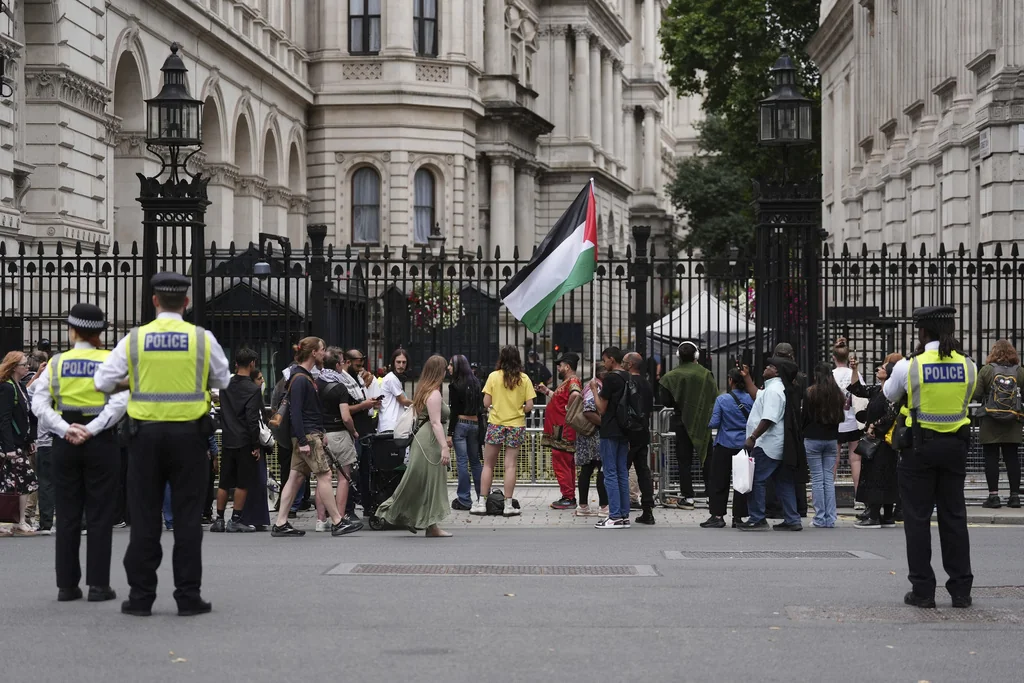
Starmer cited starvation as a primary motivating factor in this decision, claiming that it would lead to greater aid to the region and more effective diplomacy.
“Now, in Gaza, because of a catastrophic failure of aid, we see starving babies, children too weak to stand: Images that will stay with us for a lifetime,” Starmer said. “The suffering must end.”
The prime minister had been facing immense pressure from his Labour Party to recognize a Palestinian state for years.
Just days before his announcement, approximately 220 members of Parliament filed a letter to the prime minister asserting that the move would send a powerful message to the world and drive negotiations toward a two-state solution; over half of Labour signed on to the letter.
The U.K. has also dealt with a persistent antagonism from supporters of Palestine Action, a domestic organization the government labeled as a terrorist group last month after two members broke into a military air base and damaged two crafts.
The British decision inspired a change of direction across the Atlantic Ocean. Prime Minister Mark Carney announced on Jul. 31 that Canada’s policy of seeking a two-state solution through peace negotiations was “no longer tenable.”
Carney, heading a left-wing administration similar in character to Starmer’s government, had been facing similar pressures from those within and outside his Labour Party.
The same day Canada decided, the small island nation of Malta decided that “as responsible actors, we have a duty to work to translate the concept of a two-state solution from theory into practice.”
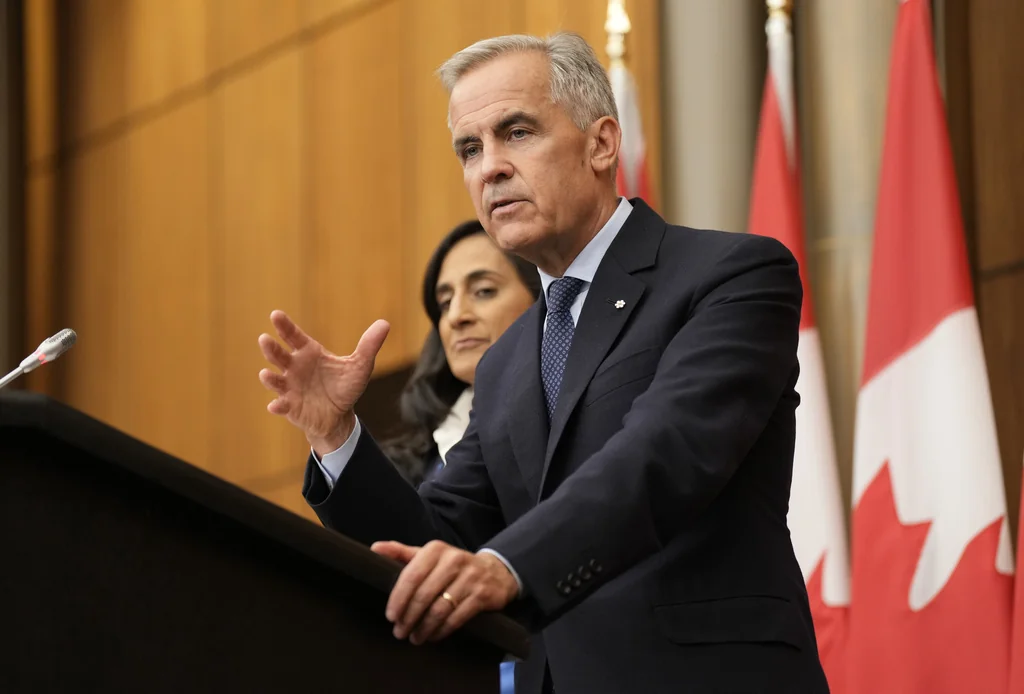
These countries’ gestures were intended to coax Hamas to the negotiating table while simultaneously pressuring Israel to relent in its pursuit of military occupation over Gaza. Both of these goals seem to have been missed.
Israel has bewailed each nation’s announcement, claiming that their gesture is only emboldening Hamas and prolonging the war by showing there are benefits to be gained through terrorism like that carried out on Oct. 7.
Hamas politburo member Ghazi Hamad seemed to confirm that assessment earlier this month when he was interviewed about the growing international commitment to recognizing a Palestinian state.
“The fruits of October 7 are what caused the entire world to open its eyes to the Palestinian issue, and they are moving toward it with force,” the terrorist leader said. “That is, that the Palestinian people are a people who deserve a country.”
Israel’s leadership has not been deterred either.
The Israeli Cabinet voted unanimously in favor of an operation to take control of Gaza City last week, a new campaign that is expected to rage on for months.
This expansion of hostilities into the heart of Gaza prompted further outrage from multiple nations that had thus far withheld themselves from the growing pro-Palestinian coalition.
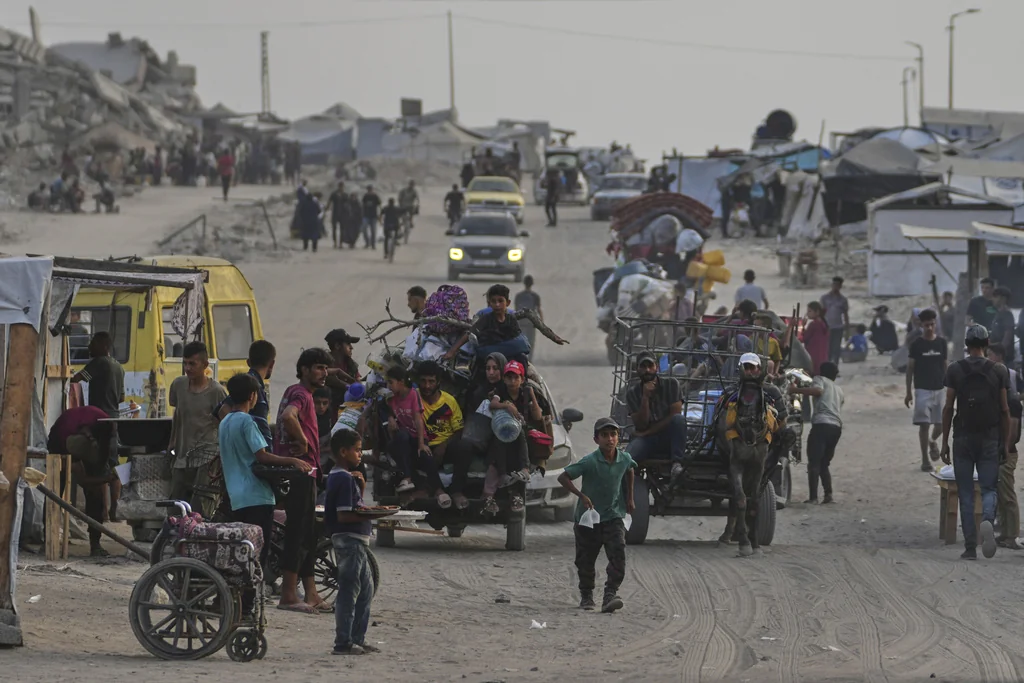
Australian Prime Minister Anthony Albanese announced Monday that his country would attend the next United Nations meeting as part of the “coordinated global effort building momentum for a two-state solution.”
“We can’t keep waiting for the end of a peace process that has ground to a halt,” said Australian Foreign Minister Penny Wong. “We made clear we would recognize Palestine when it would best contribute momentum to peace. September is that time.”
Some possible allies to the cause are still to be determined.
The Portuguese government is preparing for consultations with major political parties and the nation’s president to discuss possibly joining the Palestinian sovereignty coalition as soon as September.
Foreign Minister Paulo Rangel previously claimed that Portugal was part of a dialogue with multiple foreign countries concerning the “appropriate” time to recognize a Palestinian state.
“This was agreed upon by all of us. President Macron doesn’t decide alone, and we follow suit,” Rangel told Portuguese news outlet SIC. “It’s a matter we’re deciding together.”
If all countries that have pledged to formalize their recognition go through with the plan, over 150 of the 193 member states of the U.N. will be in agreement, further isolating the U.S. and Israel camp.
NETANYAHU ORDERS IDF TO SHORTEN TIME FRAME FOR SEIZING GAZA CITY IN DEFENSE OF NEW OFFENSIVE
President Donald Trump has been largely dismissive of other countries’ input on the Israel-Palestine question, remarking that Macron’s initial announcement “doesn’t matter” and “doesn’t carry any weight.”
The president has, however, claimed that Canada’s decision will make it “very hard” to iron out their trade negotiations.



